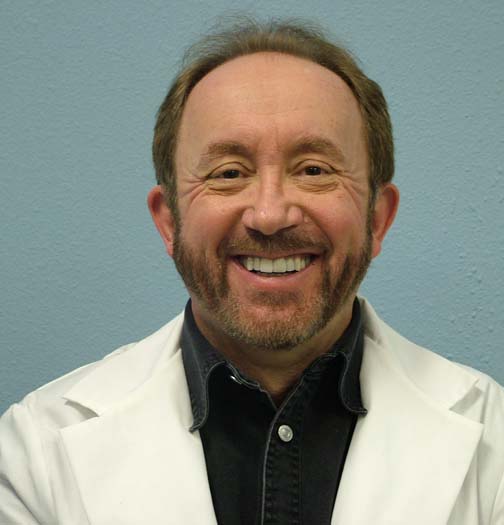


|
|
|
|
We perform a lot of different types of oral surgery but the one we do the most is extractions. We try and save as many teeth as possible but sometimes there is no other option. Extracting a tooth is the quickest and least expensive way to relieve the pain. Unfortunately it is permanent and each extraction will affect your ability to chew. We strongly recommend keeping even a few lower teeth on each side as lower dentures just are not very good. The same is true for the upper teeth as covering the palate will affect both taste and speech. With the current economy, you may decide to extract because saving the tooth is simply out of your budget. Sometimes there is no option as the tooth may not be fixable or usable. We extract otherwise healty wisdom teeth because they can crowd your teeth and/or create long term gum and tooth problems with your back teeth. There are several types of extractions and we will try and determine which yours will be before we proceed. We will always take an X-ray to be certain that we are not surprised by the unexpected. Even if the tooth is loose and ready to fall out, we need to know if there is something else such as a broken root or some other problem. A simple extraction is one where we can remove the tooth (after you are numb) by simply slowly rocking the tooth back and forth with a pair of tooth pliers. We take our time and expand the bone to allow the tooth to come out easily. This works for most cases but not as well for teeth with more than one root or for teeth that are broken down to the gumline. A surgical extraction is one where we have to cut into the teeth, gums or bone to be able to get the all of the tooth out. Often a suture will be placed to help healing. Once in a great while, it may be wisest to leave a small piece of root behind rather than to remove a lot of bone to get it out. Wisdom teeth often fail to fully erupt into the mouth and are said to be impacted. We take out a lot of wisdom teeth and advise all older teen agers to be evaluted for their removal. The procedure is much easier at this time as the roots are still forming and adolescent bone is in a sense softer and heals more quickly. If a wisdom tooth is found to be completely impacted in adults, often times it may be left where it is if extracting it may cause more problems. However, it does need to be evaluated periodically to ensure that no cyst formation is occurring. The only way to determine this is by taking a panoramic X-ray every four to five years.
|
|
|
|
||